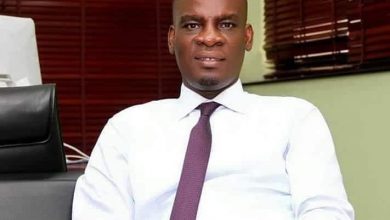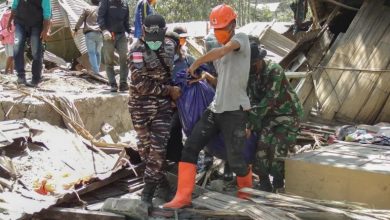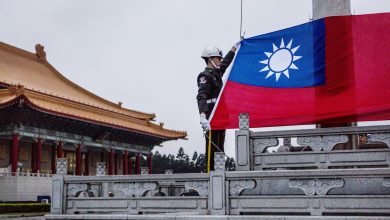Most wanted person in connection with the Rwandan genocide arrested in South Africa after years on the run
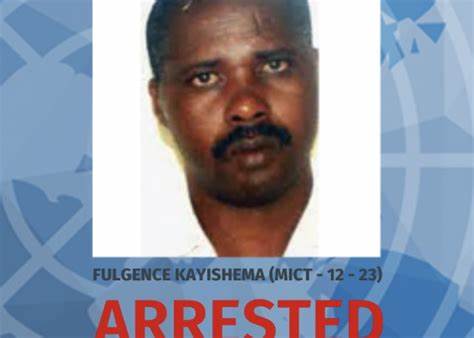
After spending decades on the run, the most wanted person associated with the 1994 genocide in Rwanda has been arrested in Paarl, South Africa.
In the course of the genocide, Fulgence Kayishema is accused of planning the murder of over 2,000 Tutsi refugees, including women, men, children, and the elderly, at Nyange Catholic Church.
Since 2001, he’s been hiding out.
In a joint operation between the South African authorities and UN investigators, he was arrested on Wednesday, May 24.
According to a statement from the UN team, Kayishema initially denied his identity when he was apprehended. But by the end of the night, he confessed, “I have been waiting for arrest for a long time.”
He allegedly used several aliases and falsified documents to avoid capture, according to investigators.
According to a senior official at the prosecutor’s office involved in the case, “the arrest was the culmination of an intense, thorough, and rigorous investigation.”.
“Family members and known associates were exhaustively investigated. That ultimately led to identifying the right location to search and finding the critical intelligence that was needed.”
“Fulgence Kayishema was a fugitive for more than 20 years. His arrest ensures that he will finally face justice for his alleged crimes,” said Chief Prosecutor Serge Brammertz of the United Nations’ International Residual Mechanism for Criminal Tribunals (IRMCT).
“Genocide is the most serious crime known to humankind. The international community has committed to ensure that its perpetrators will be prosecuted and punished. This arrest is a tangible demonstration that this commitment does not fade, and that justice will be done, no matter how long it takes,” Brammertz said.
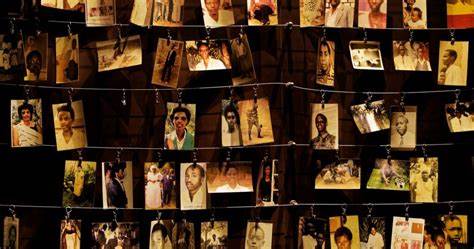
In July 1994, as the genocide came to an end, Kayishema fled with his wife, children, and brother-in-law to the Democratic Republic of the Congo.
He first travelled to other African nations, then in 1999 he moved to South Africa and made a false asylum claim in Cape Town.
Prosecutors claim that after arriving in South Africa, he was able to rely on a close-knit network of allies, including ex-military personnel from Rwanda, who went to great lengths to hide his whereabouts and activities.
Source-CNN


